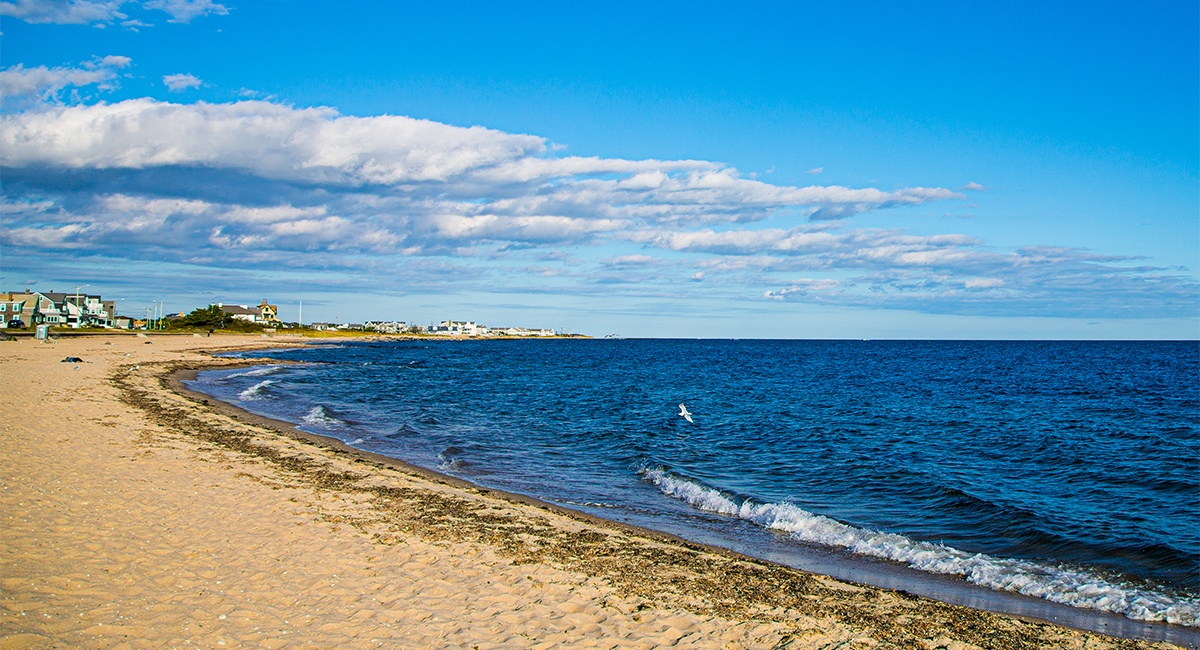Beach Closures and Public Health
Massachusetts beaches closed – Beach closures in Massachusetts are implemented to protect public health from the potential risks associated with swimming in contaminated waters. These closures are based on water quality testing results that indicate the presence of harmful bacteria or other contaminants that can cause illness.
Swimming in contaminated waters can lead to various health risks, including gastrointestinal illnesses, skin infections, and respiratory problems. Gastrointestinal illnesses, such as diarrhea and vomiting, are common symptoms of exposure to waterborne bacteria like E. coli and enterococci. Skin infections, such as rashes and infections, can be caused by exposure to bacteria like Vibrio vulnificus and Pseudomonas aeruginosa. Respiratory problems, such as coughing and wheezing, can be caused by exposure to harmful algae blooms.
As the sun casts its golden rays upon Massachusetts, casting long shadows across the deserted beaches, a sense of tranquility descends upon the once-bustling shores. The recent announcement of their closure echoes through the empty streets, leaving an eerie silence in its wake.
Yet, amidst this quietude, a glimmer of hope emerges from an unexpected source. Neiman Marcus , the iconic luxury retailer, has issued a press release outlining its commitment to sustainability. As the waves gently lap against the empty sands, a reminder of the fragility of our natural world, Neiman Marcus’s pledge to protect it offers a beacon of optimism, reminding us that even in times of adversity, hope can bloom.
Water Quality Testing
Water quality testing plays a crucial role in determining beach closures. Regular testing is conducted to monitor the levels of bacteria and other contaminants in the water. When test results indicate that the levels of these contaminants exceed established safety standards, the beach is closed to swimming.
Due to beach closures in Massachusetts, beachgoers have been forced to seek alternative ways to enjoy the summer. Some have opted for indoor shopping, and Saks and Neiman Marcus have reported an increase in foot traffic. However, despite the increased patronage, these stores cannot fully compensate for the loss of revenue from beachgoers.
Economic Impact of Beach Closures: Massachusetts Beaches Closed

Beach closures can have a significant economic impact on local businesses and tourism. When beaches are closed, people are less likely to visit the area, which can lead to a decline in revenue for businesses that rely on tourism. This can have a ripple effect on the entire local economy, as businesses that support the tourism industry, such as restaurants, hotels, and retail stores, may also see a decline in business.
In addition to the direct impact on businesses, beach closures can also lead to job losses. When businesses are forced to close or reduce their hours, they may have to lay off employees. This can have a devastating impact on families and individuals who rely on these jobs to support themselves.
Alternative Revenue Sources, Massachusetts beaches closed
Businesses that are affected by beach closures may be able to explore alternative revenue sources to make up for the lost income. Some options include:
- Offering online sales or services
- Expanding into new markets
- Partnering with other businesses to offer joint promotions
- Applying for government assistance programs
Environmental Causes and Solutions

Environmental factors play a significant role in beach closures in Massachusetts. These include pollution, erosion, and algal blooms, all of which impact water quality and pose risks to public health.
Pollution, originating from various sources like sewage overflows, industrial discharges, and stormwater runoff, introduces harmful bacteria and chemicals into coastal waters. These contaminants can cause gastrointestinal illnesses, skin infections, and respiratory problems in swimmers.
Erosion
Erosion, the wearing away of beaches due to wave action and tidal currents, is another environmental concern. As beaches erode, they lose sand, which reduces their ability to filter pollutants and protect against flooding. Moreover, erosion can expose underlying rocks and debris, creating hazards for beachgoers.
Algal Blooms
Algal blooms, caused by excessive growth of microscopic algae, can also lead to beach closures. Certain types of algae produce toxins that can cause skin irritation, respiratory issues, and neurological problems. Blooms can also deplete oxygen levels in the water, harming marine life and creating an unpleasant odor.
Mitigation Strategies
Addressing these environmental issues requires a multi-pronged approach:
- Pollution control measures, such as improved wastewater treatment and stormwater management, can reduce the discharge of contaminants into coastal waters.
- Beach nourishment, the replenishment of sand on eroded beaches, can help restore their protective functions and improve water quality.
- Monitoring and early detection of algal blooms, combined with timely beach closures and public notification, can minimize exposure to harmful toxins.